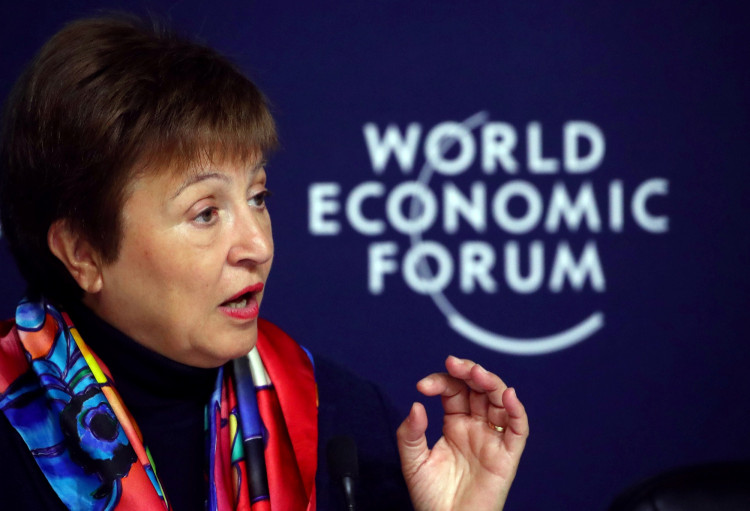The reopening of China for business on Monday will prove to the world how resilient China's economy is as it confronts the immense problems wrought by the still dangerous COVID-19 outbreak, said Kristalina Georgieva, Managing Director of the International Monetary Fund (IMF).
Georgieva said the next two weeks will be critical in determining the economic impact of the coronavirus outbreak on China. Many factories and firms due to have reopened on February 10 after the two-week long Chinese Lunar New Year chose not to reopen to prevent the coronavirus spreading among their employees and customers.
The outbreak that began in Wuhan, China in early December 2019 has, however, shown no signs of abating. Local and foreign firms operating in China now have no choice but to reopen next week or face the possibility of massive financial and sales losses. Georgieva said the re-opening of China's factories next week will give a "better understanding on the resilience of China and on that basis, the spillover for the rest of the world."
She said the IMF's baseline scenario for the impact of COVID-19 on China's economy is a "v-shaped dramatic decline and very significant recovery." She commended China for taking "two very important steps" to mitigate the economic damage in Chinese provincial economies hard hit by Covid-19: providing a liquidity boost plus cutting interest rates, and providing stimulus to affected areas.
Also, she said the IMF is watching how COVID-19 is spreading outside China. The overseas spread is "not a major issue for now," she noted, but if it invades "weak health system countries, for example in Africa" this scenario might change.
Georgieva pointed out China only represented 8% of the world economy in the early 2000s and now makes up a 19% share. This makes it difficult to compare COVID-19's economic impact on China with the SARS (Severe Acute Respiratory Syndrome) epidemic that lasted from 2002 to 2003.
"Therefore a spillover from China, integrated especially in Asia but also with the rest of the world is much more significant," she said.
She noted the world economy in 2002 and 2003 was "actually in quite good shape." On the other hand, it's now more "sluggish." China and the world economy have changed drastically since the time of the SARS epidemic, she said.
On the other hand, physicians today are comparing the Covid-19 outbreak to that of SARS. From 2002 to 2003), there were nearly 8,098 reported cases and 774 deaths from SARS, according to the World Health Organization (WHO). It means the SARS virus killed roughly one in 10 people that were infected, for a mortality rate of close to 10%.
As of 7:30 a.m., Saturday morning, Hong Kong time, the official toll from COVID-19 worldwide stands at 64,452 cases (of which 63,851 are in mainland China) with 1,383 deaths, of which 1,380 are in mainland China. China reports 6,768 people have recovered from the disease, said China's National Health Commission.






